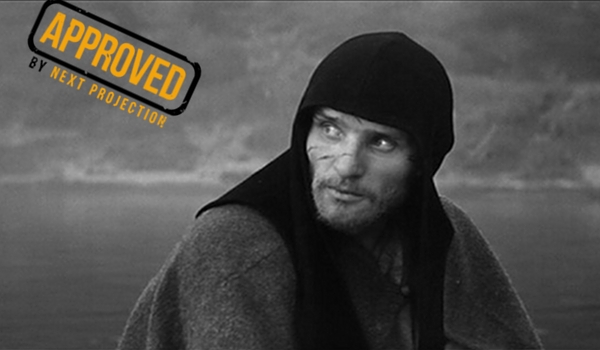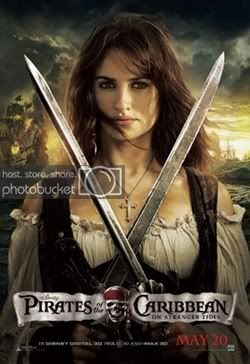Tarkovsky: Andrei Rublev
Andrei Rublev may be one of the few high water marks of cinematic achievement. It is difficult to reflect on the film while resisting the temptation to describe it with overwrought hyperbole. Its masterful use of historical context, religious overtones, and the grandiosity of its epic scale laid the framework for Tarkovsky’s deeply personal and introspective ruminations on the redemption of humanity. It is peerless in the sum of its parts and each viewing of the film only serves to peel back a few more layers of the surface to expose impressions of the unobtainable truths that lurk below.
We follow Andrei Rublev, a humanistic artist, through the intense trials and tribulations of medieval Russia. He is introspective and caring, which is a dangerous combination in any historical backdrop. His thoughtfulness makes it difficult for him to create the art that he has been tasked to create. He is too thoughtful for the cold pragmatism of commercial icon painting and is deeply conflicted by his desire to reconcile the ignorance of humanity and the redeeming grace of individuals. His desperate search for the redeeming qualities of humanity is a difficult task in times of ignorance and constant turmoil. Man’s desire for power would lead him to betray his god, country, brother, and fellow man so what point is there in creating art in service of man?
Andrei eventually loses his faith in mankind. He remains seemingly steadfast in his faith in god, but must come to terms with the fact that the two are not mutually exclusive. He must come to terms with the fact that it is our lot to suffer and it is through that suffering that we can find the beauty of humanity. Man may be driven to ignoble deeds in his personal quest for glory but there may be a modicum of hope within to cling to. The only trick is finding it in the face of so much ugliness. It is a great tragedy when the humanitarian loses his faith in mankind and it is equally as tragic when the great artist refuses to create, but it is through this introspective journey that he is able to find that which he is seeking.
I am not a religious person but I understand the conflict that lives behind Andrei Rublev’s eternally youthful exterior. When taken as a whole it is difficult to find the good in humanity and the achievements of civilizations. Man is seemingly driven solely by his self satisfying needs and seems unwilling or unable to see the bigger picture and put their own actions in to a historical context. We are too busy living to stop and consider the transience of all things and the pressing need to find beauty while we are still here to find it. We are too preoccupied with the ugliness of the self-serving priest, power hungry leaders, and the exploitative raiders to consider the divinely tragic wisdom of the buffoon, or the inherent righteousness of man pushed beyond his limits.
-
http://nextprojection.com/2011/05/18/top-ten-costume-dramas/ Top Ten: Costume Dramas « Next Projection
-
http://twitter.com/NextProjection Christopher Misch
-
http://www.facebook.com/blevo Matthew Blevins
-
http://twitter.com/NextProjection Christopher Misch
-
http://twitter.com/NextProjection Christopher Misch
















 Review: Meek’s Cutoff
Review: Meek’s Cutoff Review: Bridesmaids
Review: Bridesmaids Tarkovsky: Andrei Rublev
Tarkovsky: Andrei Rublev Review: Priest
Review: Priest Review: Meek’s Cutoff
Review: Meek’s Cutoff





















































